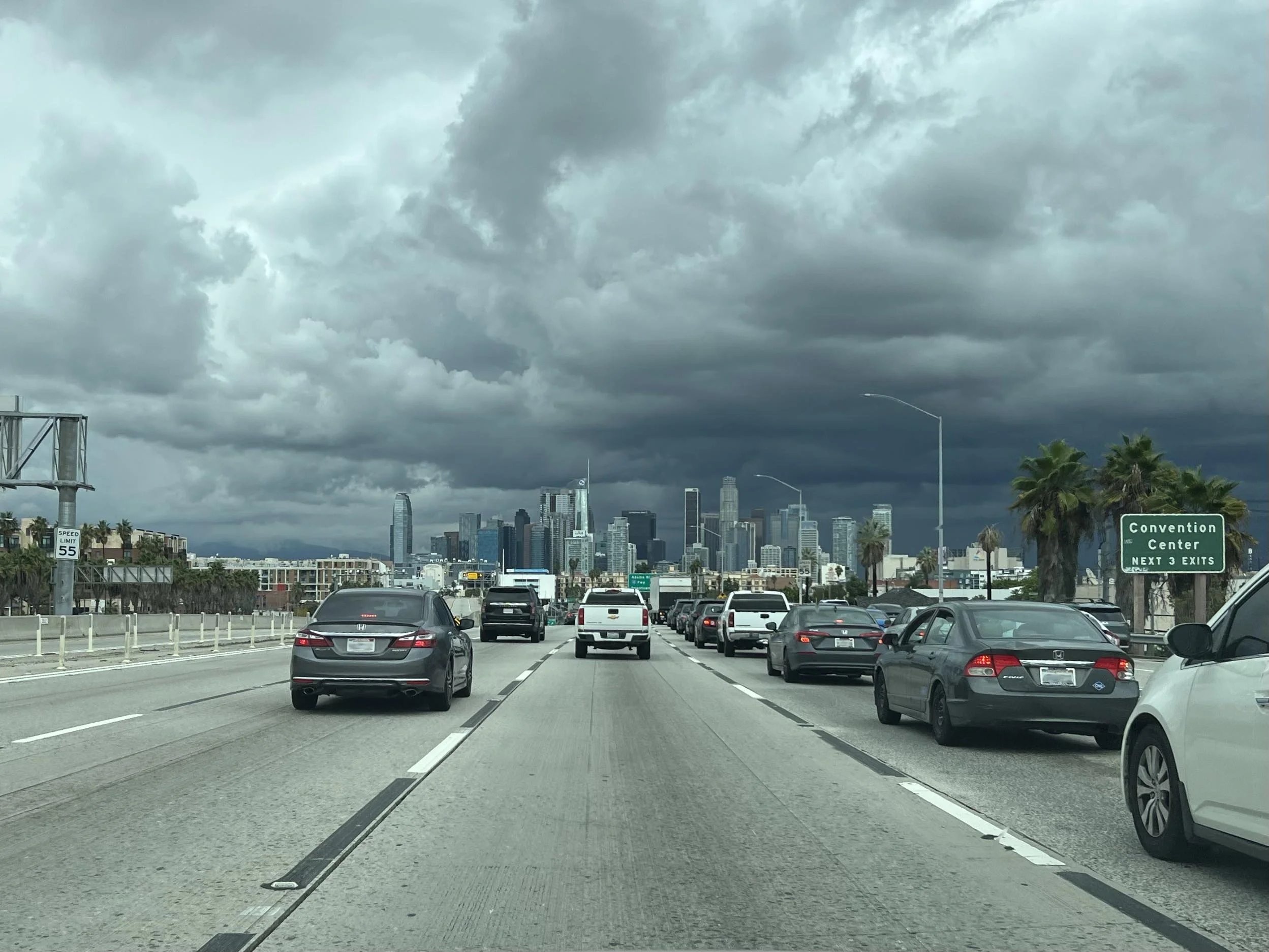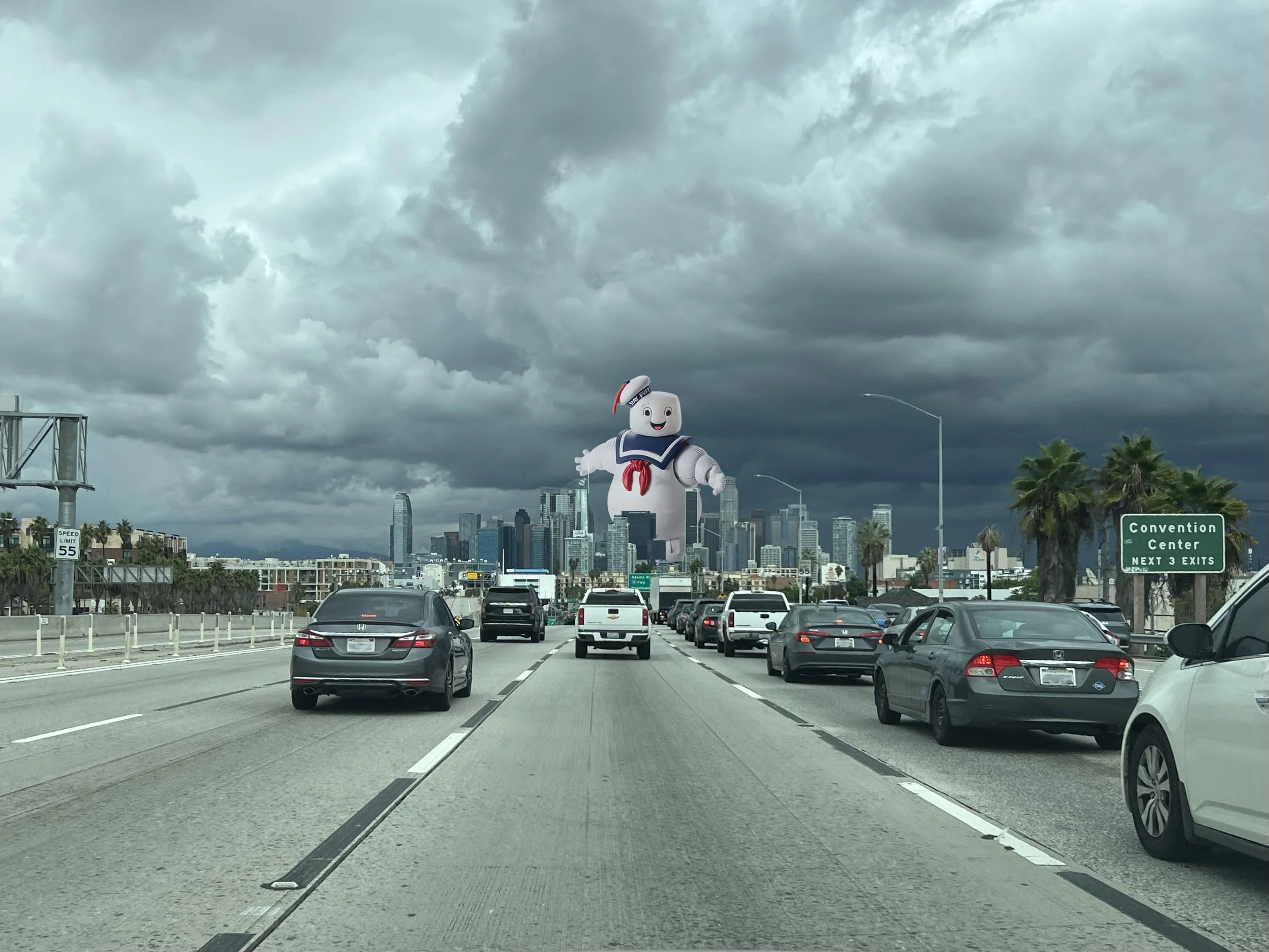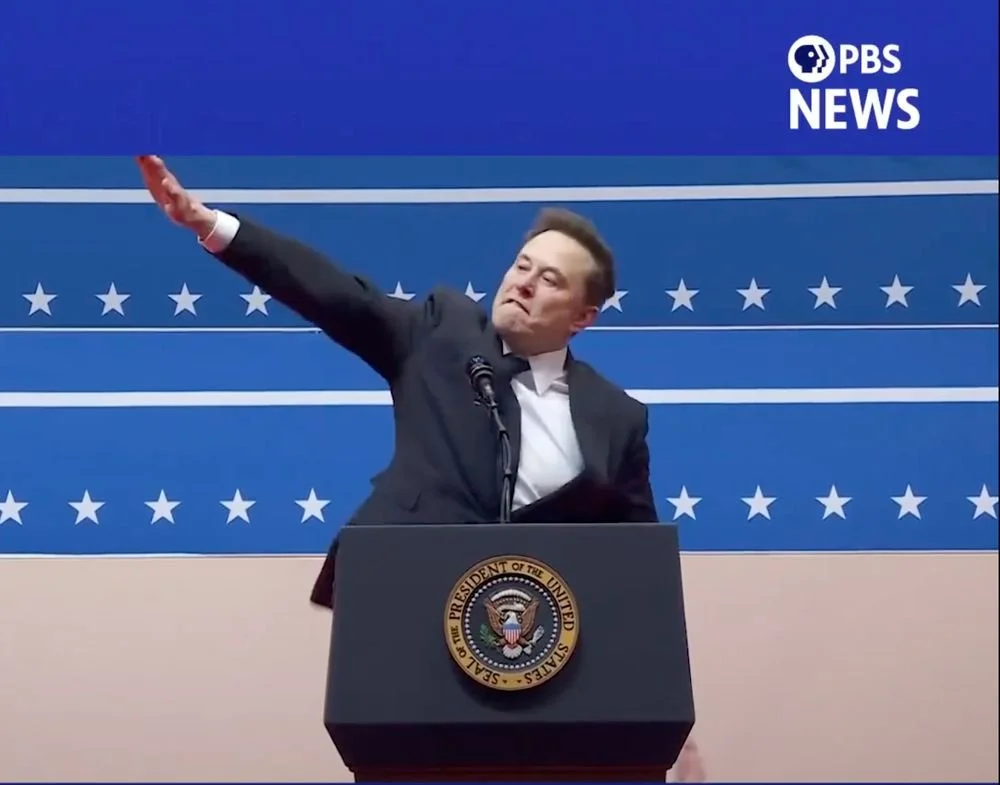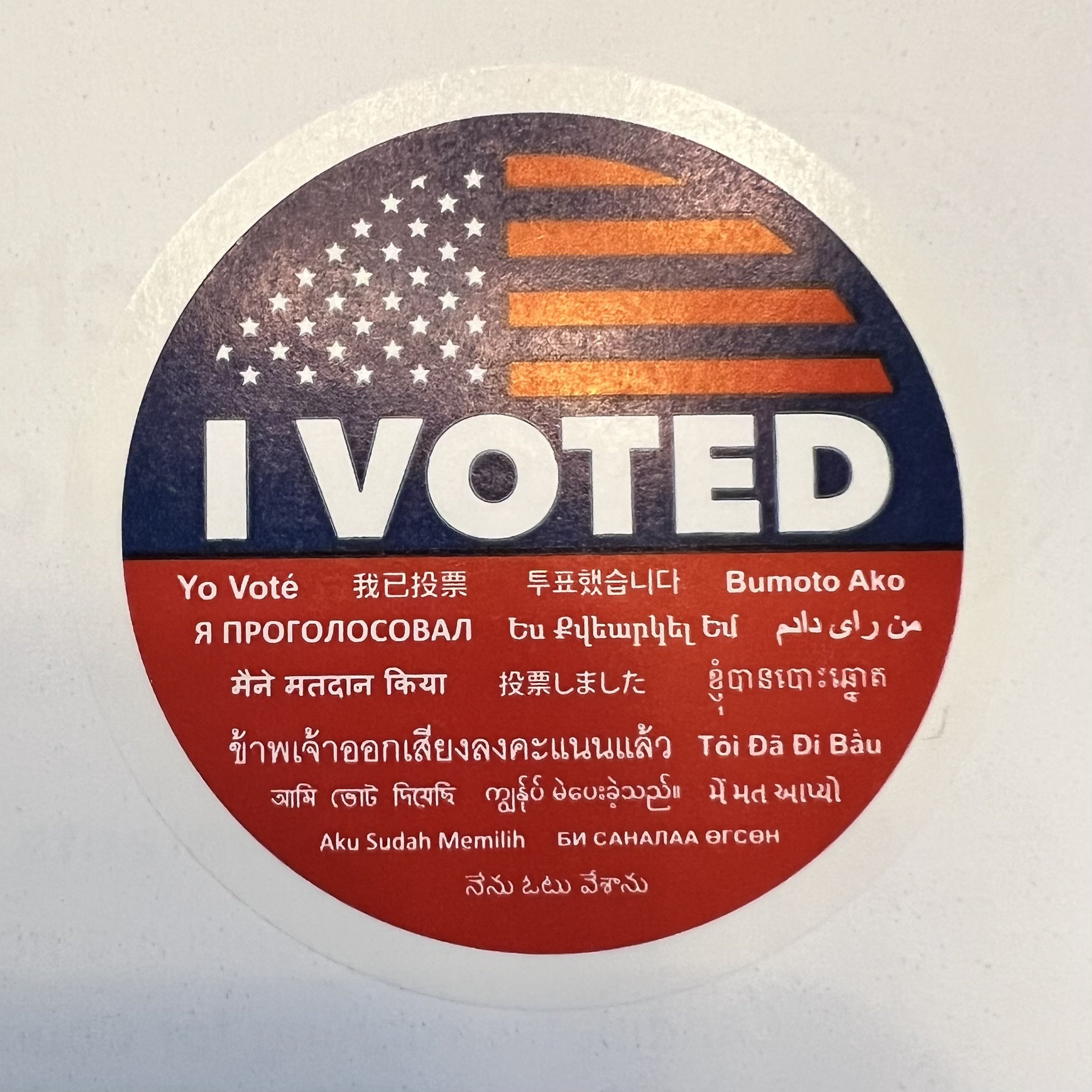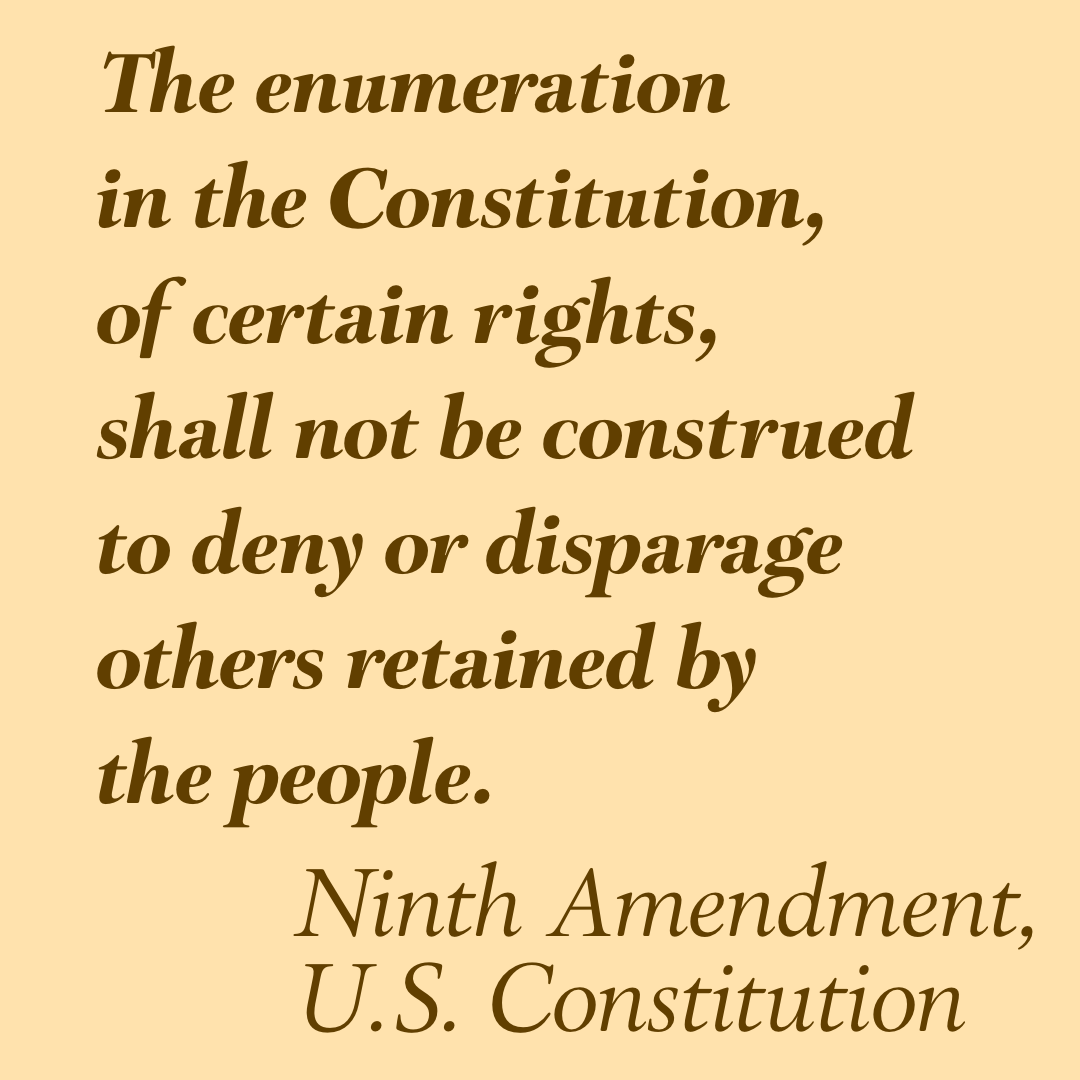November 5 is approaching fast, and it is once again time for Valley Dude’s election recommendations for the upcoming 2024 general election for National, California, L.A. County and L.A City ballots. I start with State, County and City ballot measures at the top, then my recommendations for elected offices are listed after the ballot measures.
California State Ballot Measures
Proposition 2 - YES. Prop 2 authorizes $10 billion in bonds for the repair, upgrade and construction of facilities at K-12 and community colleges. This is a yes for me - of the $10 billion, $4B goes to renovation of existing buildings, $3.3B goes to new construction (including land purchases), $600M goes to career tech ed programs, $600M goes to charter schools, and $1.5B goes to community colleges. There is one item that bugs me - and that is new construction and renovation projects are awarded on a first come first serve basis (as opposed to evaluating by need). But ultimately I’m still saying yes as construction and renovation are precisely the types of things bond measures are appropriate for and our schools need it - so for me this is a YES.
Proposition 3 - YES. Prop 3 deletes language from the California Constitution stating that only marriages between a man and woman are valid or recognized in California. This is 100% a YES.
Proposition 4 - YES. Authorizes $10 billion bond for drinking water, wildfire prevention, and climate risk mitigation. Look, I get if you want to vote NO on this because this is a $10B bond that creates a bucket of broad categories for project spending, which can be difficult to track and manage. HOWEVER - we are at the point in our climate crisis that can’t wait for a perfect proposition or for the legislature to pass climate funding. So it’s a YES.
Proposition 5 - YES. Reduces voter approval threshold from 66% to 55% to pass a low and middle income housing and public infrastructure bonds. This is a good idea - public infrastructure and housing projects are exactly the types of things bonds are appropriate for, and still keeps the threshold above 50%. We need more housing and public infrastructure.
Proposition 6 - YES. A yes vote ends involuntary servitude - also known as slave labor - for incarcerated people. This should be ended, full stop.
Proposition 32 - YES. Increases minimum wage from $16 to $18.
Proposition 33 - RECUSED. Repeals a state law restricting cities from implementing rent control. I have a bit of a conflict of interest here - some of you may know I have a real estate license, and I have represented owners of apartment buildings. As of today, a state law known as “Costa Hawkins Rental Housing Act” limits the ability of cities to impose rent control in three ways: 1) single family homes are not subject to rent control; 2) rent control cannot apply to any building built on or after Feb. 1, 1995; and 3) rent control laws only apply to existing tenants; a landlord may increase rent at its discretion for a new tenant moving in. This measure would repeal Costa Hawkins such that cities could impose rent control for any housing, as well as for new tenants. The reason to vote YES is to expand renter protections in an expensive state to live in, and gives cities the power to create public policy on housing costs. The reason to vote NO is expanded rent control could depress property values and make it less financially viable to rehabilitate and/or build needed new housing, as construction costs have increased significantly.
Proposition 34 - NO. Can’t say I really understand this one - but according to the L.A. Times, this measure was put onto the ballot by opponents of Prop 33 to try to punish the AIDS Healthcare Foundation by limiting its ability to manage its funding under MediCal. AHF is a sponsor of Prop 33. Whatever your position on Prop 33, ballot initiatives should not be weaponized.
Proposition 35 - NO. We’re being asked to make a tax permanent relating to the funding of Medí-Cal services; there is a tax on the books today enacted by the legislature that expires in 2026. I can’t in good faith make the case that this tax should be made permanent via the ballot box - I just don’t have the expertise or knowledge to understand if we should do this or not.
Proposition 36 - NO. This proposition re-instates a “three strikes” style law where a third misdemeanor for drug possession and/or thefts for goods less than $950 can become a felony. This is reminiscent of the war on drugs, which stocked prisons full of people but didn’t really do much for public health and safety. The Sacramento Bee has a good article here of some of the recent bills passed by the legislature to address the recent rash of retail thefts. This should be a NO.
Los Angeles County Measures
L.A. County Measure A - YES. In 2017, voters approved a quarter cent sales tax called Measure H to fund homeless services and rental assistance. This expires in 2026. In 2016, a $1.2 billion bond measure called proposition HHH passed, which is funding the construction of 8,600 units of homeless housing. Measure A repeals the Measure H quarter cent tax and replaces it with a half-cent sales tax - 60% goes to services to reduce homelessness, and 35% goes to building and preserving affordable housing. We need to invest in combating our massive homelessness crisis, and I am an emphatic YES on Measure A.
L.A. County Measure G - YES. This measure expands the current Board of L.A. County Supervisors from five to nine; it also creates an elected, Mayor-like chief executive for the County. L.A. County has had five supervisors since I think 1912 or so, and no independent chief executive officer. Expanding the board would help create more representation in a county of 9.6 million people, and having an elected County Executive would bring some accountability and checks and balances for carrying out law and policy created by the Board. Measure G also creates an Ethics Commission as a watchdog against corruption. Measure G provides an opportunity for increased representation, government checks and balances and ethics accountability. This is a YES.
City of Los Angeles Charter Amendments
City of L.A. Charter Amendment DD - YES. This establishes an independent commission to review City Council district boundaries every ten years. Currently this is done by City Councilmembers - which can redraw boundaries to their own interests. Partisan gerrymandering is poor policy on all levels of government, so this should be a YES vote.
City of L.A. Charter Amendment LL - YES. Similar to Amendment DD, this would establish an independent commission for LAUSD boundaries. This is a YES.
City of L.A. Charter Amendment HH - NO. This is dressed up as an anti-corruption measure but it’s not. A lot of what is in here appears to be good on its face. But there’s two items that that are big problems - 1) loosening rules prohibiting City Council members from serving on positions appointed by the City Council - in this case an undefined “joint powers authority” and 2) an expansion of subpoena power for the City Attorney - which surprise, excludes the power to investigate and subpoena the City itself. Corruption exists with self-dealing on powerful positions even without a city paycheck, and the new subpoena power on the ballot means the City Attorney can’t investigate such a self-dealing arrangement.
No doubt there are good things in here - such as clarifying audits by the City cover contractors and subcontractors dealing with the City (which seems like they could do this via contracting today), and requiring City board or commission appointees to submit financial disclosures. I can’t tell if the Council’s 30 day review period for voter initiatives is a good thing or a potential stall tactic.
BUT we’ve had so much corruption in L.A. City hall, that the combination of loosening restrictions on Council Members from serving in Council-appointed positions coupled with the City Attorney subpoena power actually excluding the potential to investigate such an arrangement makes me vote NO.
City of L.A. Charter Amendment II - YES. This is a bunch of amendments to the Charter that are supposed to improve operations. These seem ok to me, but particularly permitting the City to generate much needed revenue from selling concessions, such as merch or food seems like a good idea. The City is constantly trying to hit residents with taxes and parking fees to raise money. Maybe this will help lessen some of the pressure from those taxes and fees.
City of L.A. Charter Amendment ER - YES. This amendment would make a number of changes to the Charter to help the Ethics Commission. It establishes an annual minimum budget of $7 million, permits Ethics Commission expenditures within budget without City Council approval, puts restrictions on who can be appointed to the Commission, forces the City Council to hold public hearings on policy proposals within 180 days of recommendation and more. This is a YES.
City of L.A. Charter Amendment FF - YES. This would permit police officers employed by the Airport, Harbor, and Recreation and Parks departments to be covered by the LA Police and Fire Pension instead of the LA City Employees Pension which they are currently covered by now. This seems fair that police across the city should receive the same benefits, which is why I am voting YES.
City of L.A. Measure US - YES. This is a $9 billion bond measure to address much needed construction and improvement projects for LAUSD schools. This is what bond money should be used for - capital improvement projects creating a significant public benefit. When my kids were in elementary school, I led the fundraising committee to raise money for repairs, computers, library resources and more - money the school didn’t have. We need to use our tax dollars to support public education and make our schools a safe and effective environment to learn - this is a YES.
United States Federal Elected Officials
President and Vice President of the United States - Kamala Harris, Tim Walz
U.S. Senator, California - Adam Schiff
U.S. Representative, CA 32nd District - Brad Sherman
California State Elected Officials
State Senator, 27th District - Henry Stern
State Assembly, 44th District - Nick Schultz
City of Los Angeles Elected Officials
Los Angeles District Attorney - George Gascón
Los Angeles Judges of the Superior Court, Offices 39, 48, 97, 135, 137 - you can find L.A. Times endorsements here. an overview by LAist here.
LAUSD District 3 - Scott Schmerelson
L.A. Community College District Seats - L.A. Times is recommending sticking with incumbent candidates; I can’t say I know enough about each of the challengers to disagree with that assessment, other than the Times does say most of the challengers admitted they did not watch board meetings. So…. If you’re not willing to do that then you probably shouldn’t have a seat on the board.

